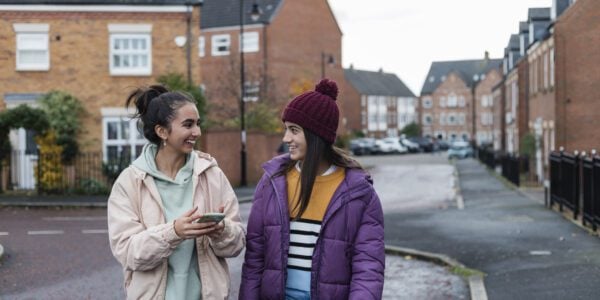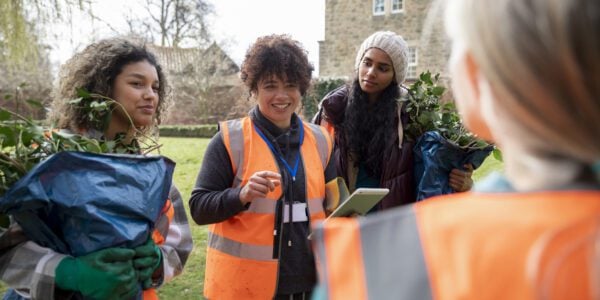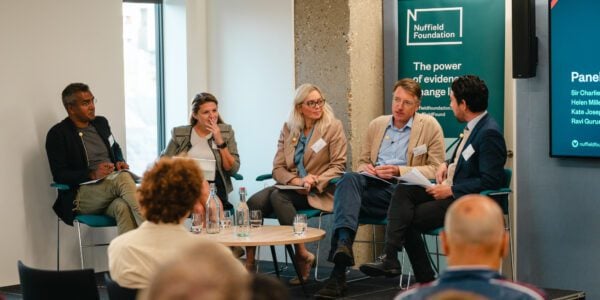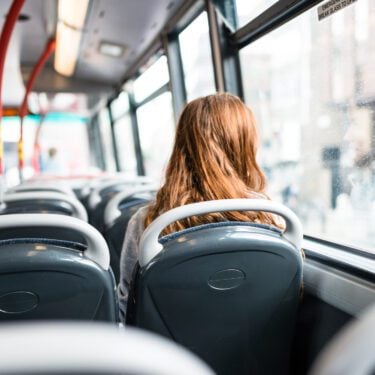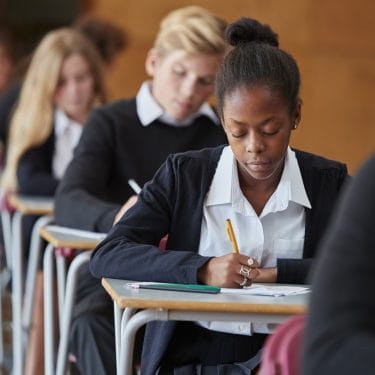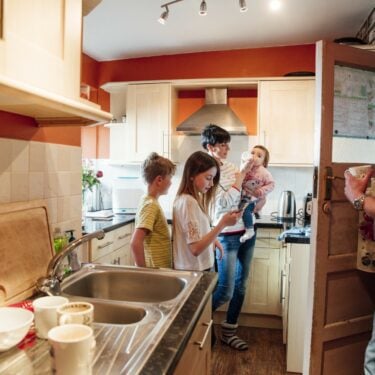The decisions to be announced at the despatch box on Wednesday will have profound consequences for people’s lives, perhaps none more so than for the millions of children living in poverty in the UK.
I know from my time leading analysis for the last Labour government’s Child Poverty Unit, that even those working on the government’s Child Poverty strategy will only receive confirmation of how much money will be made available in the Budget at the eleventh hour.
However, it now seems almost certain that the Chancellor will remove the limits on benefits based on family size (the ‘two-child limit’). She has said that ‘a child should not be penalised because their parents don’t have much money’ and highlighted how circumstances can change unexpectedly, meaning that families can ‘find themselves in difficult times’.
What the evidence tells us
Nuffield Foundation-funded research on benefit changes and larger families brings to life the consequences of potential unanticipated changes on families with children, of the effect of relationship breakdown, job loss, ill-health and caring responsibilities, as well as the impacts of inflation and higher costs of living, that mean families find themselves needing to turn to the benefit system. Indeed, more than half of us, at some stage, will live in a household receiving a working age, means tested benefit.
Child poverty in the UK remains stubbornly high, affecting nearly a third of children. 4.5 million children live in households with incomes below 60% of equivalised median income, after housing costs. The numbers highlight the magnitude of the daily struggles faced by families across the country. From cold homes and inadequate nutrition to missed school trips and celebrations, poverty shapes childhood in ways that are both immediate and long-lasting, with profound consequences.
Children growing up in poverty are more likely to experience poor health, fall behind in school, and face limited opportunities in adulthood. Parents also bear the weight of living on low incomes – juggling insecure work, poor housing, and the mental strain of making ends meet, along with the stress of dealing with a benefit system whose rigid rules and impersonal interactions can make life harder.
How poverty has changed
What’s striking is how poverty has evolved in recent decades. Once a problem for out of work families, today only 28 per cent of children in poverty are in homes where no-one works. The shift reflects a bipartisan focus on work as the best route out of poverty, and while it remains true that families in work are less likely to be poor, in the UK’s low growth economy marked by low pay, part-time hours and limited progression, having a job is no guarantee of financial security. In conjunction with other trends, such as rising rents and growing shares of lower income households in private rented accommodation, it means that “in-work poverty” has risen.
Depth of poverty has also increased. 3.1 million children live in households with income below 50% of equivalised median income, after housing costs, compared to 2.3 million children in 2010/11. There are higher numbers living in temporary accommodation, experiencing homelessness and facing food insecurity.
Nuffield-funded research has found that deep poverty and persistent poverty are particularly damaging for children’s safety, and that reductions in income and other economic shocks increase the numbers of children subject to neglect and abuse, while improvements in income reduce them. Regional disparities also persist, with higher rates of poverty in London, the North West, and the West Midlands, and lower rates in Scotland – thanks in part to the introduction of the Scottish Child Payment.
The impact of policy change
The benefit cap (2013), which places a cap on the amount a household can receive in benefits if they have no or low earnings, and the two-child limit (2017), by which families do not receive additional means-tested support for their third or subsequent children, aimed to encourage work and reduce dependency. But the Nuffield-funded research, by Professors Ruth Patrick, Kitty Stewart and Aaron Reeves shows the policies largely failed to achieve their aims. They found only a slight increase in the proportion of households entering employment after the cap was lowered in 2016, but a much larger increase in inactivity (from unemployment). There was no evidence that the two-child limit boosted employment, and it only had a very small effect on fertility.
Instead, the research illuminated how the policies deepened hardship for families already facing multiple barriers to employment. Many lacked enough income for basic living costs and accrued debt, despite using various coping strategies. For those affected by the benefit cap, the research showed a 50% rise in the likelihood of parents experiencing mental ill-health after the cap was lowered in 2016, echoing qualitative evidence from parents who described how the policies made it harder to make ends meet and increased stress and anxiety. The research also highlights the policies’ contradictory logics – with the two-child limit reducing incentives to move into work and escape the benefit cap, and larger families that are exempt from the two-child limit do not benefit from extra support as long as they are also subject to the cap.
Removing the two-child limit is necessary to reduce child poverty. It would lift 330,000 children out of poverty and prevent a further 150,000 from entering poverty between now and 2029/30 at a cost of £3.5bn. The Nuffield-funded IFS Green Budget identifies it as the single most cost-effective policy.
Without it’s complete removal, child poverty is projected to increase. Further reductions could be achieved by also removing the benefit cap and relinking Local Housing Allowance rates to local rents. Combined, all three policies would reduce child poverty rates from 32 per cent in 2025-26 to 29.5 per cent in 2029-30. But removing the two-child limit on its own does not constitute a child poverty strategy.
For example, recent IFS research has found that the two-child limit has no clear impact on children’s school readiness at age 5 (albeit they conclude that it does not mean the policy does not have wider consequences, and other Nuffield-funded research shows that disadvantaged pupils often lose early academic gains as they progress through school).
Any child poverty strategy needs to include the role of employment and earnings in improving incomes, but, Nuffield-funded modelling shows that changes in parental employment are not sufficient on their own, everything else remaining constant – because wages don’t adjust to family size, or parents aren’t able to work the hours they might be able to at other times in their lives.
Work (dis)incentives and costs to the Exchequer are undoubtedly concerns when it comes to increasing expenditure on benefits. Therefore a strategy needs to consider how the benefits and employments support systems might operate as effectively and efficiently as possible together. Learning, for example, from the changes made to lone parent job search conditionality in the late 2000s and the wider implications and costs of reform. Participants in Nuffield-funded Covid Realities made clear the importance of families’ interactions with the Department for Work and Pensions, with a desire for a system that understand their lives, offers flexibility and support their aspirations, as well as simplifying the process for challenging decisions.
Other Nuffield-funded projects highlight the important role of wider services and supports. Research by the IFS has shown that Sure Start had lasting benefits for children’s health and education, and Professor Birgitta Rabe and Dr Angus Holford found that universal free school meals reduce obesity, decrease absence and increase reading test scores.
On Wednesday, millions of families in poverty will find out whether the Chancellor’s words translate into action. Removing the two-child limit is a foundational building block of any child poverty strategy. It will prevent child poverty from increasing in the years ahead. It will also enable us to think more broadly about the other vital elements of a child poverty strategy needed to reduce child poverty, and its consequences for children’s lives and their futures.



